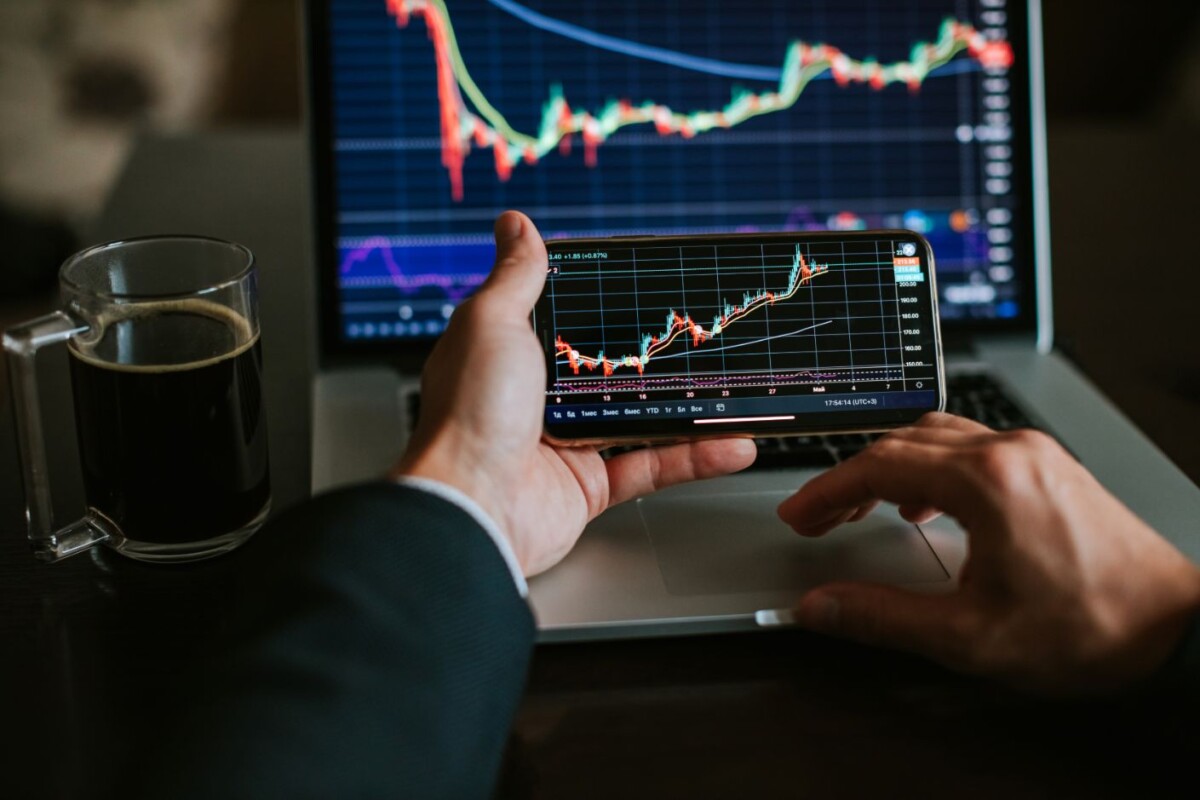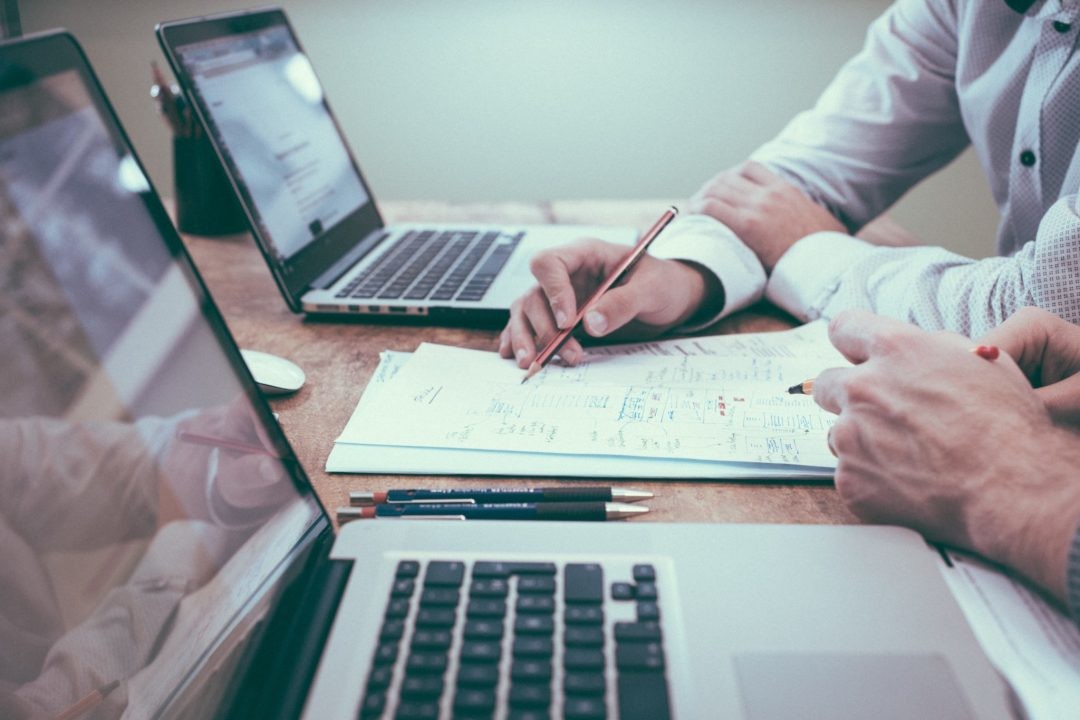The Forex market is becoming ever more popular as a way to make money from home. Yet if you have never done this before it can feel like a bit of a minefield knowing how to do this, where to start and how to become successful in this. Trading with Forex is easier than ever due to the internet enabling you to trade online at any time, but if you don’t know what you are doing you can still lose money. Something that no-one wants to do if it can potentially be avoided.
What is Forex?
Forex stands for the Foreign Exchange and is essentially a global marketplace where you can exchange one currency for another. It is a trade that is popular all around the world as currency is important no matter where you reside. All Forex transactions take place electronically and currencies are traded globally in the biggest financial centers in London, New York, Zurich, Frankfurt, Tokyo, Singapore, Sydney, and Paris. This means that they cover pretty much all the time zones in the world.
How to start Forex trading?

Once you have decided to foray into the world of Forex trading, you probably have a plethora of questions. To start with you need to think of how much money you will need to begin trading with. You can start with a demo trading account which allows you to experience the live markets without putting your capital at risk. Once you are ready to trade properly, consider how much you can afford to put up – you never want to put yourself into debt or cause a financial strain by doing so. Remember that while you can get a return on your money, there is also an element of risk involved and your capital may go down. There are different accounts you can open and with a few, the minimum amount you can open an account with is £100, showing you don’t need to put up a lot of money. Once you have made this initial deposit, some Forex brokers then allow you to deposit just £25 each time.
To get started you first need to open your account by filling in an application form. Once you have been verified you will need to deposit your funds in order to commence training. When this is done you can then login and choose the methods through which you want to trade. This can be spread bettering, CFDs, or spot FX. You can also keep an eye on live feeds to see how the stocks are doing and how your funds are. It is recommended that you risk no more than 1% of your Forex account on a single trade in order to keep the risk small.
It is a good idea to practice with your demo account for a few weeks or months so you can confirm that you know what you are doing and that you are at the best chance of making money through Forex.
Once you have made a couple of profitable trades in your demo account it can be tempting to switch straight to putting capital into Forex, but it is important that you don’t rush it and instead take your time and ensure you know exactly what you are doing. Once you are using real money, make sure you stick to the same techniques that you have been using and don’t make any rash decisions that you might regret later on.
In addition, nowadays, trading has become easier for beginners with the introduction of automated tools. For example, the Telegram Forex signals copier and Metatrader 4 are two popular methods for traders who need quick and efficient access to price trends for making informed decisions. With these tools, analyzing data for currency pair moves is significantly faster, allowing for quick responses to market changes.
This type of automation also reduces the workload for traders who are dealing with large volumes or a variety of markets at one time. Ultimately, having automation for trading allows for more accurate decisions in less time and has revolutionized the industry for modern traders.
Some common Forex terms
When you are trading with Forex you will likely come across some common terms. This includes:
A currency pair: The quotation of two currencies when one is against another in the foreign exchange market
Position: The amount that an individual owns of a currency that is exposed to the movement of currency pairs.
Pip: Point in Percentage which is a currency pair’s exchange rate
Leverage/Market: The amount of movement you can control within a deposit in your trading account to be held by your broker as collateral
Risk/ Reward Ratio: How risky trade is and how much you are likely to make off a certain deposit
Broker: The intermediary firm that will execute transactions on your behalf
The importance of choosing a good forex broker

When you are choosing a Forex broker you want to ensure that it is one you can trust. You will need to find Forex brokers that follow all the licensing and trading regulations so your money is not at risk. It is also a good idea to find one that offers a demo account so you can practice before diving headfirst right into playing with your capital. You will want the broker to make it easy to deposit and withdraw your money and that they have good customer service should you ever need support.
Some top Forex brokers:
- Topbrokers.com
- CMC Markets
- London Capital Group (LCG)
- Saxo Capital Markets
- XTB Online Trading
- IG
- Pepperstone

